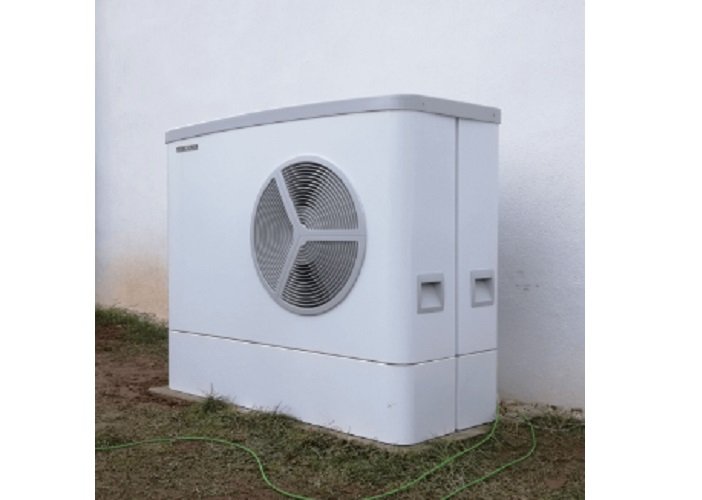AI-Controlled Heat Pumps Improve Efficiency and Comfort
AI4HP Project: Adaptive Heat Pump Control
In the "AI4HP" project, Fraunhofer ISE collaborated with German manufacturer Stiebel Eltron, French research institutes CEA List and LPNC, and industrial partner EDF R&D to develop and evaluate AI-based control methods for heat pumps. Current heat pumps rely on static heating curves set during installation, which often fail to adapt to dynamic conditions such as solar radiation, building renovations, or occupancy changes.
The AI system continuously learns specific building behavior by analyzing recorded data, accounting for changes over time. "AI methods must become more robust and scalable in order to implement them cost-effectively in a large number of different building types," explained Dr. Lilli Frison, project manager at Fraunhofer ISE. Simon Gölzhäuser, her colleague, added, "Reliable and trustworthy methods that guarantee safe operation will be accepted by heat pump manufacturers and their customers."
Field Testing Confirms Energy Savings
The AI controller, built using a neural network with a transformer-based architecture, optimizes heat pump operation by accurately predicting room temperature trends. Extensive simulations for three building types showed average energy savings of 13 percent compared to standard static heating curves. The AI controller effectively calibrated itself to environmental conditions and improved the match between reference and setpoint temperatures.
A one-week field test in a real building confirmed these results, demonstrating:
- A 25% increase in COP (Coefficient of Performance) compared to the baseline,
- A significant reduction in temperature deviation from the setpoint,
- Stabilized heating curve parameters within a few days.
These findings suggest that AI optimization can enhance efficiency in systems using traditional heating curves, provided the AI model achieves high accuracy.
Optimized Hot Water Heat Pumps
French partners in the project focused on AI-driven control for hot water heat pumps. In climate chamber tests using real heat pumps and consumption profiles, the AI-based system reduced electricity consumption for hot water supply by up to 8 percent.
Next Steps
While initial results show significant potential for AI heat pump controls, further long-term field tests are necessary across various building types to validate and optimize performance. Researchers aim to refine the AI models and scale solutions for broad application, offering enhanced energy efficiency and comfort to residential heating systems.
